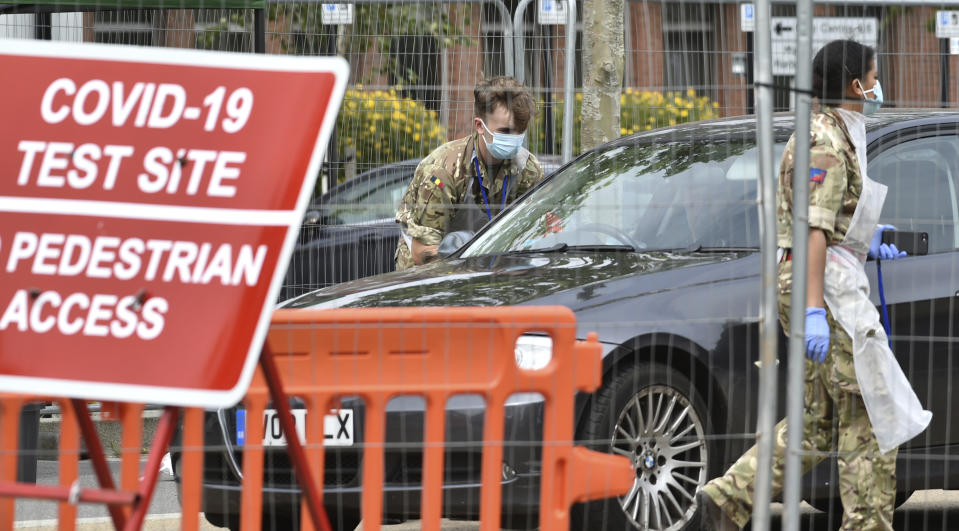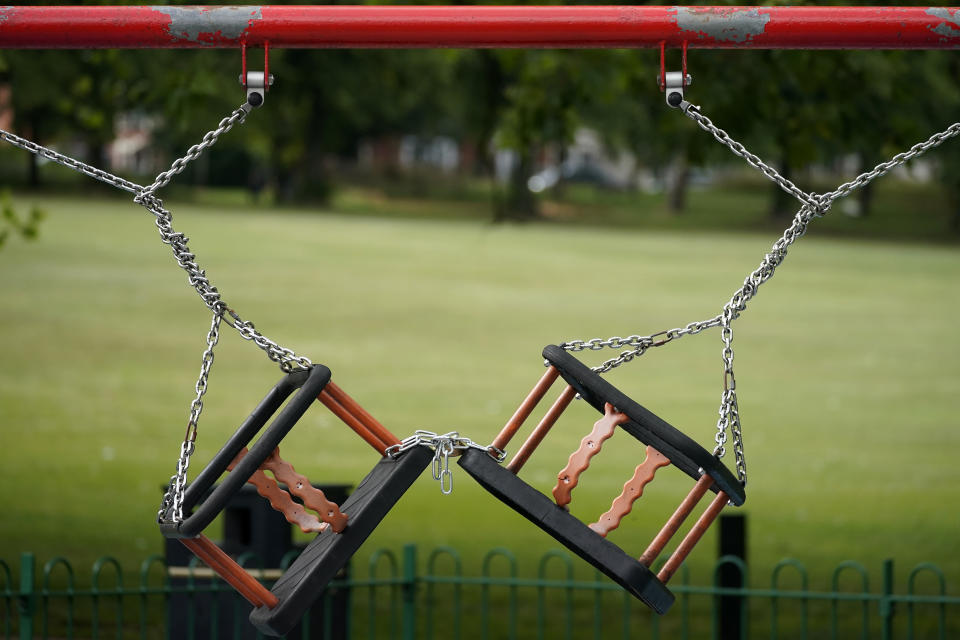Could Bradford be next for local lockdown? Yorkshire's coronavirus rates are 'clearly concerning'

As Leicester became the first city in the UK to be placed in a local lockdown following a spike of coronavirus cases, there are concerns that other northern areas may follow.
Both Bradford and Doncaster are “clearly of concern”, according to a key scientist in the coronavirus response.
Imperial College London's Professor Neil Ferguson, who used to advise the government before resigning for breaching lockdown rules, told BBC Radio 4's Today programme: "It's inevitable we will (have further local outbreaks), we are relaxing lockdown rules and that means that contacts in the population are going up and that's a very variable process.”
Asked about Bradford and Doncaster, he said: "Those are areas, where not as high as Leicester, but they have some of the highest numbers of cases per 100,000 of the population, which is the relevant measure, so they're clearly of concern.”

His concerns were echoed by epidemiologist John Wright, who told the BBC that areas with similar demographics to Leicester should be on “constant alert” for new outbreaks.
He added that areas with large BAME communities and "multi-occupancy, multi-generational living” – such as Bradford – were at risk of coronavirus spikes.
In the face of the fears of a potential local lockdown, Bradford Council has said it is “working hard” to prevent it.
Council leader Susan Hinchcliff admitted that cases were “too high” and urged local residents “to continue to follow the guidelines around staying at home as much as possible”.
She added: “We must all stay vigilant, we don’t want to see a second spike of cases that inevitably would mean more deaths. Don’t be conned into thinking it’s all OK now, it’s not.”
Dr Duncan Robertson, from Loughborough University’s School of Business and Economics, said that based on Public Health England’s weekly rate of COVID-19 cases per 100,000 tests, Bradford could be next to face a lockdown.
With a rate of 69.4 coronavirus cases per 100,000, Bradford sits behind Leicester, with 140.2 coronavirus cases for every 100,000 people tested.
However, he added that it was not known whether these are locations of community spread or are contained outbreaks in schools or other locations.
Depending on those factors, Robertson said lockdowns “may not be appropriate”.
Doncaster's director of public health has also dismissed rumours that the town could be heading for a local lockdown.
Dr Rupert Suckling said there had been a significant reduction in coronavirus cases since mid-June, adding: “More data is now becoming available nationally and this will be open to scrutiny and speculation.”

With Leicester continuing in lockdown as the rest of England gets ready to reopen pubs and restaurants at the weekend, Ferguson said there is an "illusion out there that we are past the worst" and warned that "this is far from over”.
He said: ”We were, in retrospect, one of the most heavily seeded countries with infection in Europe.
"I would say, before we make international comparisons though, just bear in mind we are still very early into this pandemic – there's a bit of an illusion out there that somehow we are past the worst.
"In this country we've probably had no more than 8% of the population infected.
"This is far from over, so I think lessons can be learned from what happened in the UK up to now, but I would prefer to focus on getting the next six months right before looking back in earnest."
Coronavirus: what happened today
Click here to sign up to the latest news, advice and information with our daily Catch-up newsletter
Read more about COVID-19
How to get a coronavirus test if you have symptoms
How easing of lockdown rules affects you
In pictures: How UK school classrooms could look in new normal
How public transport could look after lockdown
How our public spaces will change in the future
Help and advice
Read the full list of official FAQs here
10 tips from the NHS to help deal with anxiety
What to do if you think you have symptoms
How to get help if you've been furloughed

 Yahoo Finance
Yahoo Finance 
